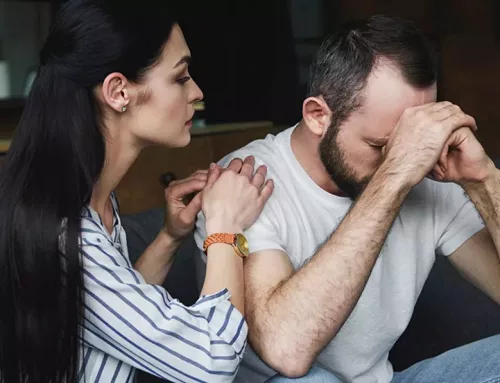According to the American Hair Loss Association, women make up 40% of American hair loss sufferers. The medical community seems to focus more on male hair loss than that of women. Yet, to a female hair loss can be emotionally and psychologically damaging. The types of women’s hair loss can range from easy to fix, temporary hair loss to long term hair loss.
Alopecia is the medical term for excessive or abnormal hair loss. Although there are various kinds of alopecia, all of them are symptoms of something going wrong in the body. Hair loss could be an indication of a hormonal imbalance, disease, or poor hair management according to Toni Hall Parker, co-founder of CUSH Cosmetics. There are some cases of genetic causes of pattern baldness, such as alopecia areata. Temporary life events can cause hair loss in some women. Pregnancy, taking certain medication, and stressful times during a woman’s life might affect her hair or cause hair loss.
Celebrity stylist and Shea Moisture brand ambassador Diane Bailey suggests considering one’s diet when dealing with hair health. She says:
It is important to remember that our scalp is part of one of the largest organs of our body – our skin. Our skin and scalp both thrive based on the types of foods and nutrients we take in. Therefore, we have to eat nutrient-rich foods such as raw vegetables, green leafy vegetables and fatty acid-rich walnut, as well as protein-rich foods, such as beans, liver, eggs, and salmon. Be sure to avoid foods that are high is saturated fats and foods that are high in sugars that can not only lead to dry, flaky scalp, but can also be a contributing factor to more serious health concerns such as diabetes and high blood pressure. I advise clients to maintain a well-balanced and healthy diet; not only for their hair health, but their overall physical health. Processed foods and not drinking enough water each day have a direct effect on scalp health and hair growth.
Bailey also encourages scalp massage for increasing blood flow and circulation that will stimulate hair follicles in the scalp. She recommends using products that contain ingredients such as biotin. Biotin is a B-complex vitamin that has been proven to assist in the production of new hair cells. She recommends that women avoid hair styles that pull too tightly on the hair. Bailey warns that excessive heat styling can damage hair as well.
Jacqueline Tarrant of the Hair Trauma Center states that, “Hair grows about ¼ to ½ inch every month and hair is fed directly from your blood circulation. The foundation of all new hair growth is the nutrients we eat.” Tarrant says protein grows hair because hair is made of protein. She suggests that women should eat adequate amounts of meat, dairy, or protein shakes. Good sources of vitamin C include citrus fruits (oranges and lemons) and green peppers according to Tarrant. She says iron rich foods increase circulation in the scalp and women should drink water to stay hydrated and grow healthy hair. Vitamin E taken internally or applied to the scalp will help with circulation. Vitamin A works with fat synthesis in the hair follicles according to Tarrant. Vitamin A rich foods include eggs, kale, squash, and carrots.
Certified Trichologist LaVonne D. Booker asserts that improper use of chemicals can cause hair loss. She says relaxing the entire head of hair instead of just the new growth can damage hair. She also feels relaxers that are too strong, leaving a relaxer on too long, or not properly rinsing a relaxer out are problems as well. Booker does not advise having more than one chemical treatment (such as relaxing and coloring) done at the same time. She recommends using products that contain ingredients like sage, rosemary, peppermint, and lavender which promote hair growth. Shea butter, jojoba oil, and avocado oil are ingredients that Booker recommends for adding moisture to the hair. Booker’s product line, Healthy Hair Solutions Hair & Skin Care features many of those ingredients. Booker says, “People have to understand that no matter how many topical products we put on our scalp or hair, if your body isn’t healthy your hair can not be healthy.”




